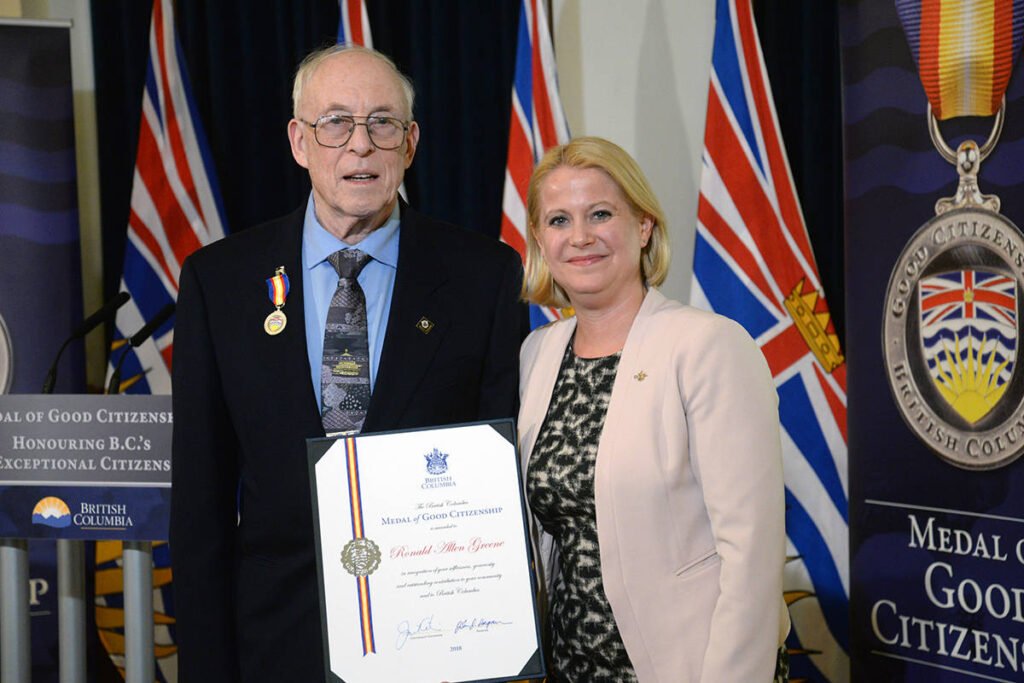Pamela Horton, a dedicated advocate from North Vancouver, has been posthumously honoured with the Medal of Good Citizenship. This award is one of the province’s highest recognitions for people who make extraordinary contributions to their communities.
Horton, who passed away in May, spent more than 50 years working to improve the lives of people with disabilities in British Columbia and across Canada. Her efforts focused on ensuring dignity, equal rights, and inclusion for people facing physical and systemic barriers.
The province announced on Monday that she was among 18 recipients to receive the medal this year. Since the award’s creation in 2015, 196 people have been recognized for exceptional community service.
Pamela Horton’s leadership began when she became the first executive director of Disability Alliance BC. In that role, she helped launch several important programs, including Tax AID. This free tax filing service was designed to support people with disabilities, ensuring they could access financial benefits and file taxes without cost or unnecessary stress. She continued to contribute to the alliance as a board member until her passing.
Her advocacy extended to improving public transit accessibility. As a founding member of the Access Transit Users’ Advisory Committee, Horton worked with TransLink to create more accessible transportation. Her contributions led to the introduction of buses with lifts and the launch of the Access Transit Strategy in 2005. This plan guided TransLink’s work in making public transit more inclusive for riders with mobility challenges.
In the late 1990s, Horton broke another barrier by becoming the first person with a disability appointed to the BC Housing board. This position allowed her to influence housing policies and promote greater accessibility in public housing developments.
She also played a key role in shaping important legislation. Horton contributed to the development of the Accessible B.C. Act, which sets out standards to remove and prevent barriers for people with disabilities. She also took part in discussions around Bill C-7, a federal law that expanded eligibility for medical assistance in dying.
Her commitment to advocacy was all the more remarkable given her own health challenges. Horton lived with multiple sclerosis, a chronic autoimmune disease that affects the brain and central nervous system. Despite these difficulties, she dedicated her life to making systems and policies fairer and more accessible for others.
Supporters and colleagues remember her as a tireless leader whose work influenced both local and national policy. A biography released alongside the award described her as someone whose lifelong commitment transformed lives, government policies, and public institutions.
The Medal of Good Citizenship was introduced to celebrate individuals who go above and beyond to help others. This year marks the 10th anniversary of the award. The premier said that the 2025 recipients reflect the spirit of kindness, compassion, and dedication to community that defines good citizenship.
Pamela Horton’s recognition serves as a reminder of how one person’s persistence can bring lasting change. Her contributions will continue to benefit people with disabilities for years to come, ensuring her legacy of equality and inclusion lives on.

